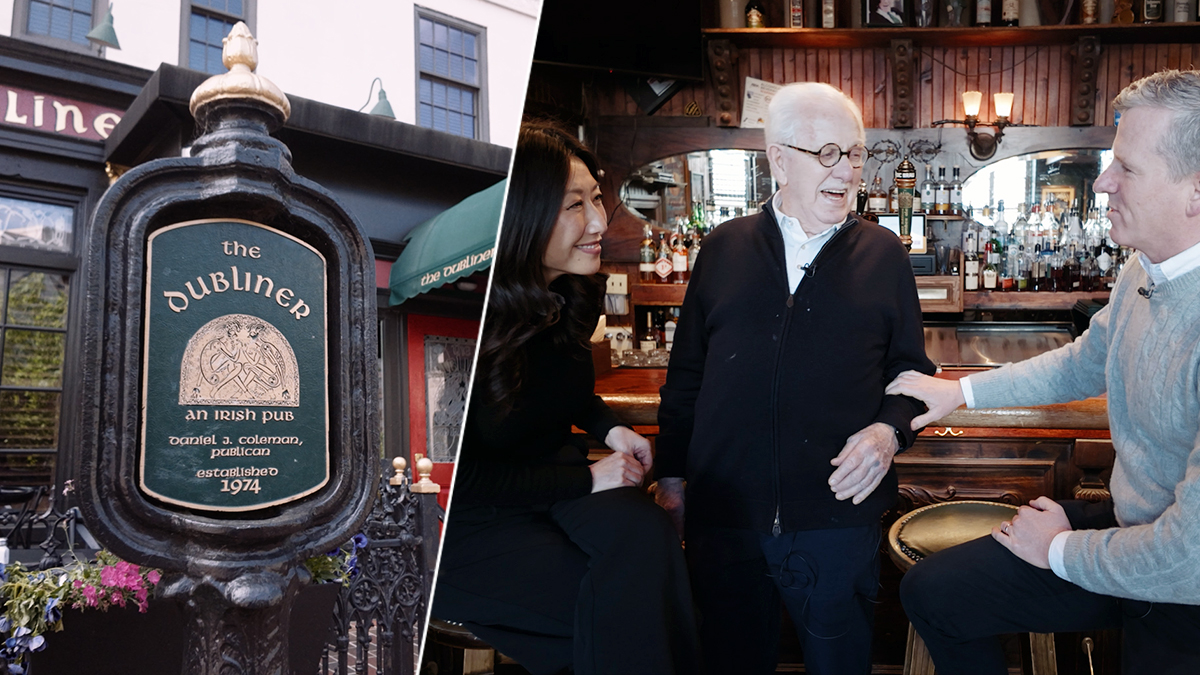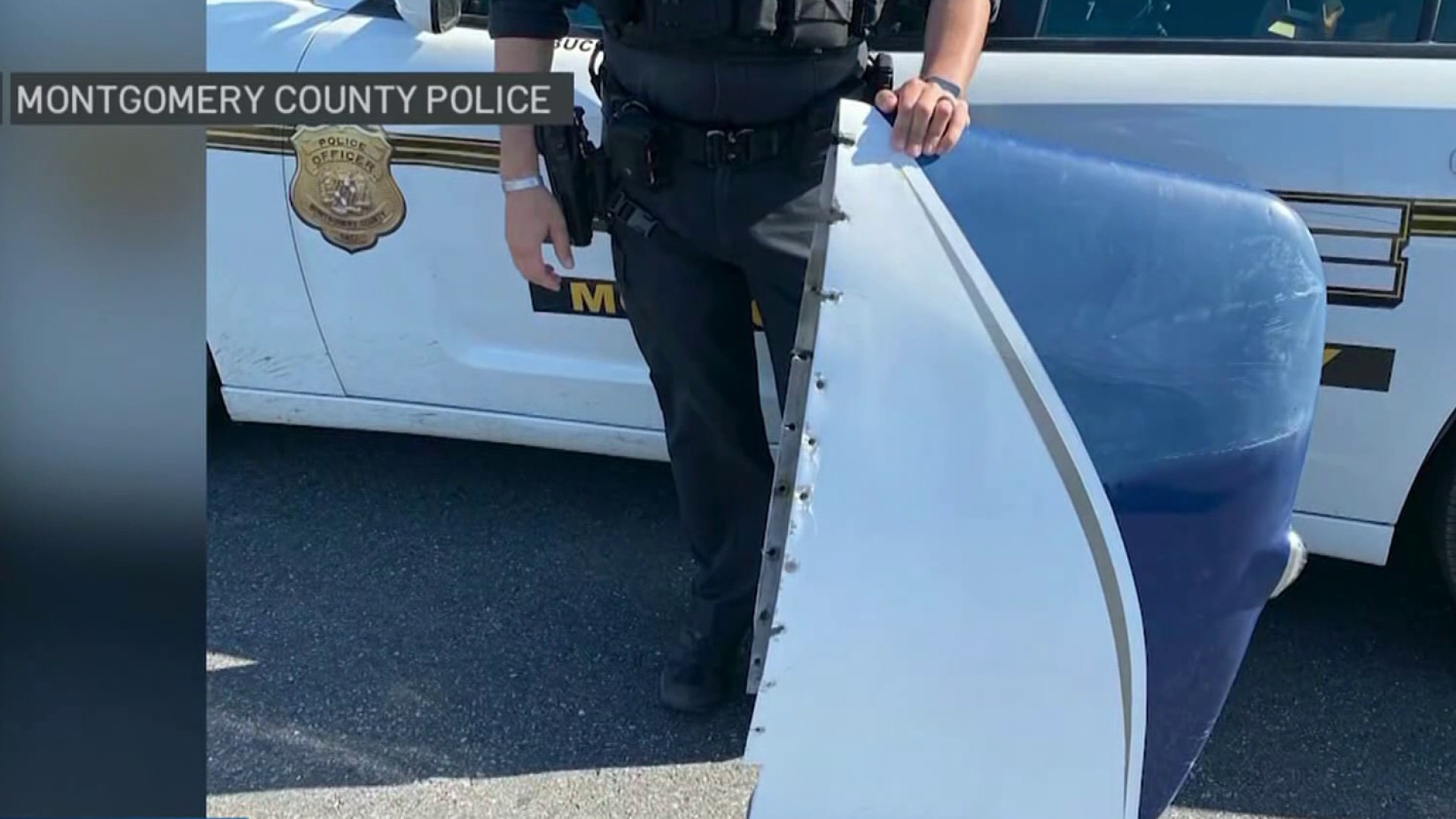When you first walk in, it looks like any other office -- cubicles and computers everywhere.
But with some critical keystrokes, a woman on the phone is literally saving someone’s life.
"We get over 3 million calls a year, so over 9,000 a day, into Poison Control," according to Stephen Kaminski, the executive director of the American Association of Poison Control Centers.
- CALL Poison Control at (800) 222-1222
The News4 I-Team went to D.C.’s center, where medical experts can tell you what to do if your child eats a liquid laundry pod, you get bit by a snake or you somehow become exposed to thousands of other types of chemicals and poisons.
Most of the calls come from inside people’s homes, but Kaminski said about one-third come from hospitals, as doctors and nurses grapple with patients overdosing on drugs they’ve never seen before.
"We have identified over 300 synthetic products,” Kaminski explained. “Every single one is different, and they have different adverse reactions."
Kaminski said they were one of the first in the nation to realize we had a growing synthetic drug problem when, in 2011, they suddenly received almost 7,000 calls into their 55 centers about drugs that often look like marijuana but cause violent and deadly reactions within the human body.

"They are reminiscent of the old PCP patients that Washington, D.C., is very famous for," Cathleen Clancy said. As the Associate Medical Director at the National Capitol Poison Control Center, she’s been answering the phone in the D.C. center for more than two decades.
Local
Washington, D.C., Maryland and Virginia local news, events and information
She said the hard reality is there isn’t a whole lot doctors can do for a synthetic overdose. “You try and keep them alive,” she said. “That’s the simple way of saying it.”
Clancy explained there’s no antidote for these drugs, so most emergency rooms try to keep the patient hydrated, their heart beating and their temperature from spiking until the synthetic works its way through their system. It can take up to two days.
"People had gotten a treatment strategy that was seeming to work,” Clancy said. “And then, in August, there seemed to be a new version of the synthetic cannabinoids that was causing new symptoms."
That, Poison Control said, prompted a huge, record-breaking spike in calls to its centers this year. Kaminski said they always keep the calls confidential – will never share the caller’s information with the police.
"We have seen more cases on a month-by-month basis than ever before," Kaminski said.
The I-Team found Poison Control is one of the very few agencies tracking synthetic use. Mississippi leads the nation in overdose calls. Police are still trying to figure out why they've seen such an extraordinary spike there.

But D.C. comes in second, with Maryland, West Virginia, Virginia and Pennsylvania also in the top 10.
Meaning the Mid-Atlantic region really is a synthetic drug hot zone.
According to Kaminski, synthetic drug use "is a massive crisis in our country and it is a massive crisis in the D.C. area."



